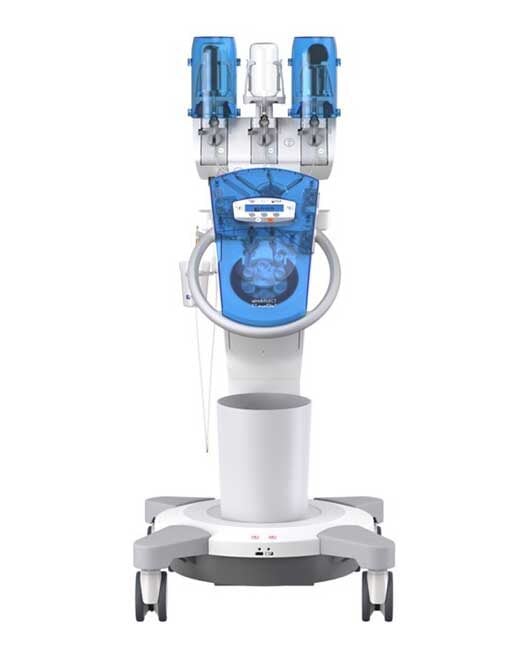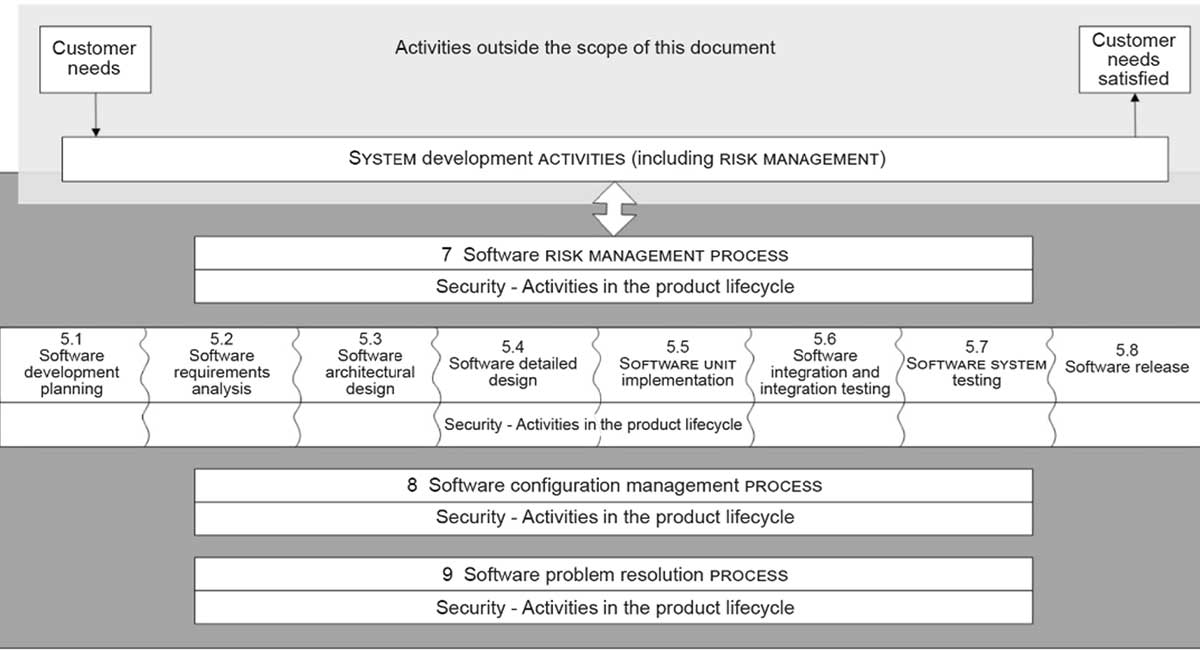Two people are diagnosed with Parkinson’s disease in England every hour, every day. It is estimated by Parkinson’s UK that due to population growth and ageing, this could increase by a fifth by 2030.
Despite these figures, currently there is no cure for Parkinson’s disease, however treatments are available to help reduce the main symptoms and maintain quality of life for as long as possible. Usual treatments include physiotherapy and occupational therapy, medication and in some instances, brain surgery.
However, recently, thanks to the NHS in Plymouth, Univversity of Plymouth and University hospitals in Plymouth Trust, a modern approach to treating Parkinson’s patients from the comfort of their own homes has been developed. Hundreds of patients have been given life-changing smart watches allowing doctors to remotely access their condition in a pioneering project to revolutionise NHS care.
The gadget, a Parkinson’s Kinetigraph (KPG) contains sensors and is to be worn by patients constantly for six days to monitor movements at home. This information is relayed to doctors who can look for signs that their medicines need changing, or assess if other interventions could be introduced, such as physiotherapy, therefore improving quality of life and preventing the condition from getting worse.
This allows doctors to check for issues including an excessive movement, immobility and sleep disturbance.
The wearable device also buzzes to remind patients to take medication, which they can confirm.
The scheme has been issued to hundreds of patients already and has potential to be rolled out across the country to the estimated 120,000 people who have Parkinson’s disease.
As part of this initiative, patients will be given a phone number and email to contact for direct support, with clinicians seeing the patient within 10 days.
NHS Chief Executive Amanda Pritchard said: “Parkinson’s is an incurable illness that has a significant impact on peoples’ lives and this small watch will dramatically improve their quality of life – providing a thorough review of their health and ensuring they get the care they need from the comfort of their own homes.
“Not only is it better for these people living with Parkinson’s, but it is also more efficient for the NHS – freeing up space and time in hospitals for our hard-working staff.
“The cutting-edge device is the latest in a long line of world-leading innovations that the NHS is bringing to the frontline as part of our NHS Long Term Plan commitment to use the most advanced technology possible for our patients.”
This project is led by Dr Camille Carroll, Associate Professor in Neurolegy at the University of Plymouth and Honorary Consultant Neurologist at University Hospitals Plymouth NHS Trust.
Dr Carroll said: “We have worked directly with Parkinson’s patients to develop the best care possible, including the use of life-changing monitors, known as the Parkinson’s Kinetigraph, which can be worn by patients around the clock to monitor their symptoms.
“This helps to provide reassurance for patients and also means that NHS staff can provide a comprehensive six-monthly review, while also allowing hard-working staff to free up clinical capacity for those who need face-to-face appointments.”
This project is 1 of 40 that has been backed by NHS Transformation’s Digital Health Partnership Award.
Health and Social Care Secretary Sajid Javid said: “Making healthcare more accessible and personalised is at the centre of our plans for reform. For people living with degenerative diseases like Parkinson’s, it’s important to be able to communicate any changes in symptoms to your doctor quickly and easily.
“This is a fantastic example of how technology is driving cutting-edge innovation in healthcare, allowing remote monitoring of patients that can dramatically improve their quality of life and independence as well as freeing up valuable clinician time.”













